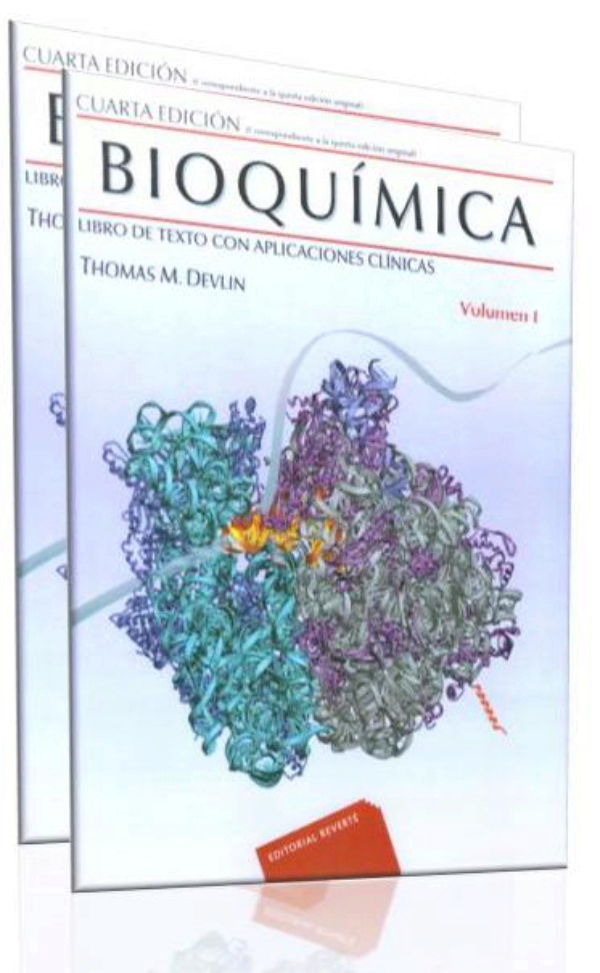Description The biochemistry laboratory course is an essential component in training students for careers in biochemistry, molecular biology, chemistry, and related molecular life sciences such as cell biology, neurosciences, and genetics. Increasingly, many biochemistry lab instructors opt to either design their own experiments or select them from major educational journals. Biochemistry Laboratory: Modern Theory and Techniques addresses this issue by providing a flexible alternative without experimental protocols. Instead of requiring instructors to use specific experiments, the book focuses on detailed descriptions of modern techniques in experimental biochemistry and discusses the theory behind such techniques in detail. An extensive range of techniques discussed includes Internet databases, chromatography, spectroscopy, and recombinant DNA techniques such as molecular cloning and PCR.
This Third Edition of Rod Boyer’s Concepts in Biochemistry highlights the many fascinating intersections between biochemistry and real life. Written with allied health majors and applied life science students in mind, Boyer takes a clinically focused, easy-to-understand approach to biochemistry, filled with many real and highly relevant applications such as metabolic topics. Rodney Boyer boyer@hope.edu ABOUT THE AUTHOR Rod Boyer served on the. “Concepts and Skills in the Biochemistry/Molecular Biology Lab. The use of an oxygen electrode is not free of experimental and procedural problems.
Sep 17, 2016 Rodney Boyer’s text gives students a modern view of biochemistry. He utilizes a contemporary approach organized around the theme of nucleic acids as central molecules of biochemistry, with other biomolecules and biological processes treated as direct or indirect products of the nucleic acids. Welcome to the Web site for Concepts in Biochemistry, 3rd Edition by Rodney F. This Web site gives you access to the rich tools and resources available for this text. You can access these resources in two ways. Using the menu at the top, select a chapter. A list of resources available for that particular chapter will be provided. Concepts Biochemistry Rodney Boyer Pdf Free. By gregincurla1976 Follow Public. Used books may not include friend materials, some shelf wear, may consist of highlightingnotes, may not consist of cdrom or entry codes. Very minimum writing or notations in margins not really impacting the text message. Concepts Biochemistry Rodney Boyer Pdf Free By gregincurla1976 Follow Public Used books may not include friend materials, some shelf wear, may consist of highlightingnotes, may not consist of cdrom or entry codes. Cthulhu Mysteries Mesoamerica Pdf Free Fluke 97 Scopemeter Software Express Rip 1 92 Keygen Mac Fsd Installer Usb Loader Ez100pu Smart Card Reader Driver Windows 7 Red Alert 2 Cheat Engine Download Dymo 1550 Label Maker Manual Concepts Biochemistry Rodney Boyer Pdf Nr2003 Patch 1.2.0.1 No Cd World Of Warships Free.
Free Download Concepts In Biochemistry Book Read online Concepts In Biochemistry book that writen by Rodney F. The Second Edition introduces cutting-edge topics such as membrane-based chromatography, adds new exercises and problems throughout, and offers a completely updated Companion Website. • An extensive range of techniques are provided, including internet databases, chromatography, electrophoresis, spectroscopy, measurements of ligand-binding interactions, and recombinant DNA techniques such as molecular cloning and PCR. • A flexible organization accommodates various requirements of the course, and allows students to reference detailed theory sections for clarification during labs.
Concepts Biochemistry Rodney Boyer Pdf Free Online

Information on a variety of teaching methods for the lab is also included. • Use of computers and the Internet is integrated thoroughly into all sections of the book, reflecting that the computer is now applied to all aspects of the collection, analysis, and management of biochemical data. • Chapter 2 introduces students to the computer and to Internet Web sites that maintain directories, lab protocols, and databases for biochemistry and molecular biology. • All chapters have a special section on computer applications and many have tables listing Web sites pertinent to topics in the chapter. • In addition, Appendix I contains a complete and updated listing of Web sites and software associated with topics in each chapter.
• End-of-chapter study problems are provided for student practice at the end of each chapter. Questions deal with both theoretical and procedural aspects of the chapter, and often ask students to analyze actual laboratory data. Answers to all odd-numbered questions are provided in Appendix IX. • Several study exercises are incorporated into each chapter.
These exercises give students the opportunity to review a topic and check their knowledge before they move on to the next section. • Further Reading and Study ends each chapter with an abundant list of literature references, including Web sites that provide either a more detailed theoretical background or an expanded explanation of procedures and techniques. Timely, cutting-edge topics introduced include membrane-based chromatography (Chapter 5), less toxic electrophoresis dyes (Chapter 6), nanodrop spectrophotometric analysis (Chapter 7), and using gene synthesis in protein expression (Chapter 11).
Concepts Biochemistry Rodney Boyer Pdf Free Download
New content on how to conduct research in biochemistry and related molecular life sciences is provided (Chapter 2). Each chapter now begins with a content listing of topics and page numbers, making it easier for students to locate specific topics. • The section on using computers and the Internet in biochemistry (Chapter 2) has been rewritten entirely. • More end-of-chapter study problems have been added throughout, and there is a new organization of answers in Appendix IX. • All references are completely updated, including books, journal articles, and especially Web sites at the end of each chapter.